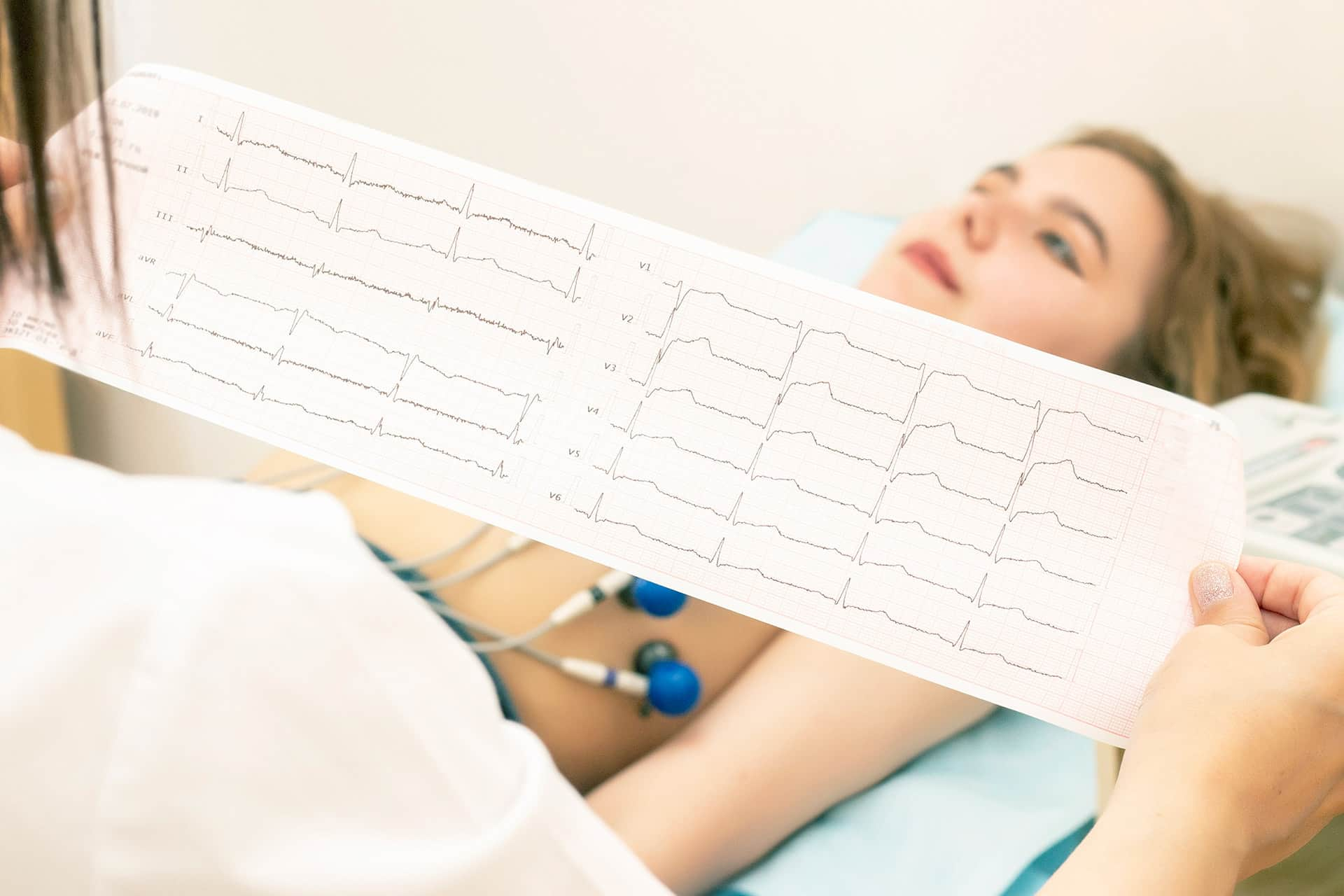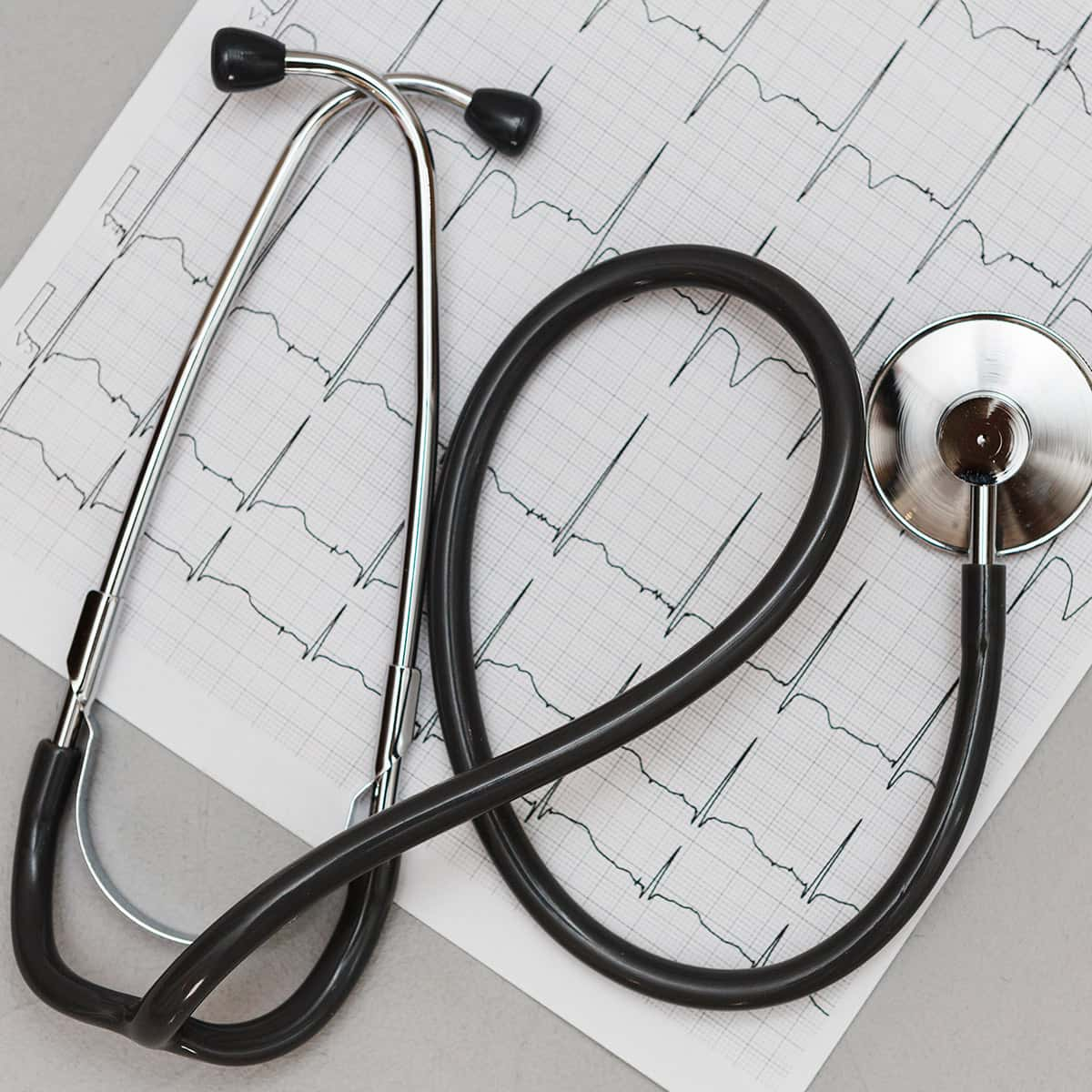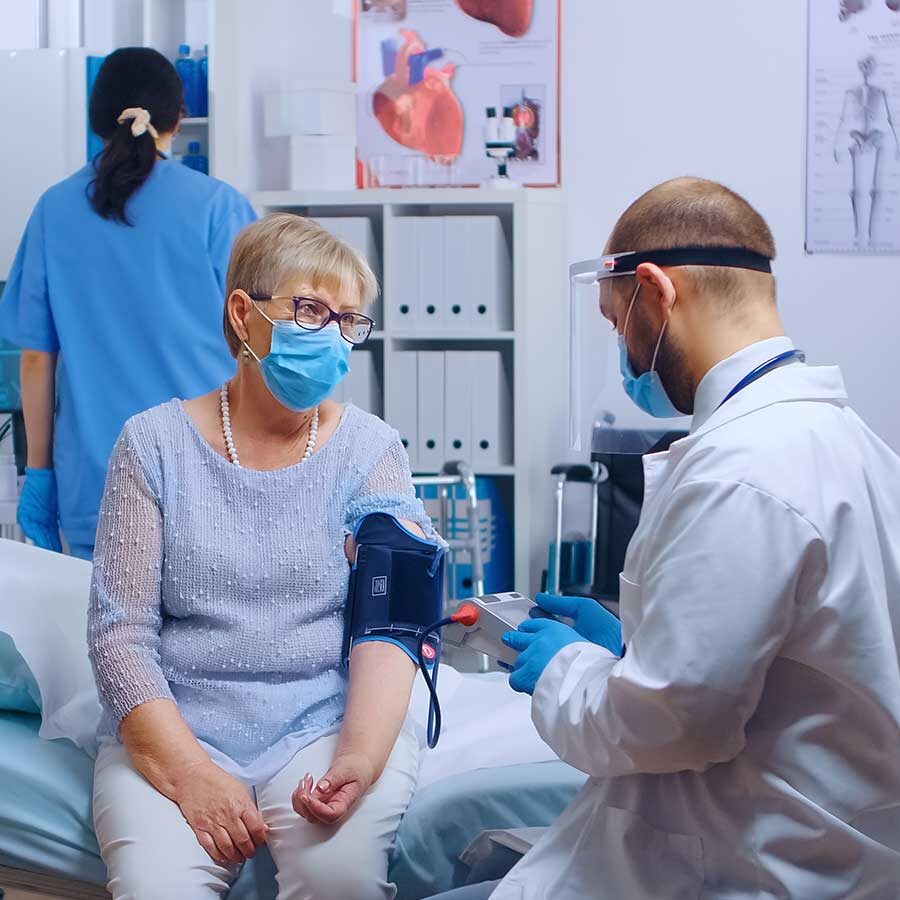Opening Time

Cardiology
Cardiology focuses on the diagnosis, treatment, and prevention of diseases of the heart and blood vessels. Cardiologists are trained to treat patients with a variety of cardiovascular conditions.
Here are some of the more common conditions that cardiologist treat:
Coronary heart disease:
Also known as coronary artery disease is caused by a buildup of plaque in the arteries that supply blood to the heart. This can lead to angina (chest pain) or a heart attack if a coronary artery is completely blocked.
Heart failure:
occurs when the heart cannot pump enough blood to meet the body’s needs. This can be caused due to a variety of conditions, including coronary heart disease, high blood pressure, and others.
Cardiac arrhythmias:
These are heart rhythm disorders that can be caused by a variety of factors, including coronary heart disease, high blood pressure, and other heart problems. Arrhythmias: can cause heart palpitations, dizziness, and in some cases they can be life-threatening.
Valvulopathies:
Diseases that affect the heart valves, which regulate the flow of blood through the heart. Heart valve diseases can be congenital (present from birth) or acquired due to diseases such as rheumatic fever, endocarditis, and valve degeneration.
Peripheral vascular disease:
This occurs when the arteries that supply blood to the legs and feet become narrowed or blocked, which can cause pain, numbness, and other symptoms.
Hypertension/high blood pressure:
occurs when blood pressure is too high, which can cause damage to the arteries and other organs in the body. High blood pressure is a major risk factor for many heart diseases and can be caused by a variety of factors, including obesity, lack of physical activity, and excessive alcohol consumption.
Cardiomyopathy:
This is a condition characterized by enlargement of the heart muscle, which can hinder its ability to pump blood effectively. There are several types of cardiomyopathy, including hypertrophic cardiomyopathy, dilated cardiomyopathy, and restrictive cardiomyopathy.
Pericardium diseases:
the pericardium is the membrane that surrounds the heart. Diseases of the pericardium can cause inflammation (pericarditis) or fluid buildup (pericardial effusion) around the heart.
Brugada Syndrome:
This is a genetic disorder that affects the way electrical impulses propagate through the heart, which can increase the risk of life-threatening arrhythmias.
Congenital cardiomyopathy:
This is a condition that is present from birth and can affect the structure and function of the heart.
Pulmonary artery diseases:
These diseases affect the arteries that supply blood to the lungs. They can be caused by conditions such as pulmonary hypertension, pulmonary embolism, and chronic obstructive pulmonary disease (COPD).
Attention
It is important to say that these are just a few of the many heart diseases out there.
Cardiologists use a variety of tools and techniques to diagnose and treat these diseases, including electrocardiograms (ECG), echocardiograms, coronary angiograms, stress tests, among others. They may also perform invasive procedures, such as cardiac catheterizations and angioplasties.
In which cases should I consult a cardiologist?
You should consider seeing a cardiologist if you have any of the following symptoms or risk factors:
Chest pain or chest discomfort:
If you feel chest pain, tightness, discomfort, or pressure, you may be experiencing a heart problem. This can be especially important if the pain spreads to the arm, jaw, or back, or occurs after physical activity.
Shortness of breath:
Shortness of breath, especially after physical activity, can be a sign of heart failure or lung disease.
Swelling in the legs, feet, or ankles:
This can be a sign of heart failure, as the heart can’t pump enough blood to meet the body’s needs.
Family history of heart disease:
If someone in your close family has a history of heart diseases, your risk of developing a heart disease may also be higher.
High blood pressure:
If your blood pressure is higher than 130/80 mmHg, you are at higher risk of developing a heart disease.
High cholesterol:
If your total cholesterol is greater than 200 mg/dL or if your “bad” cholesterol (LDL) is greater than 130 mg/dL, you are at increased risk of heart disease.
Diabetes:
People with diabetes have a higher risk of heart disease.
Smoking:
Smoking is a major risk factor for heart diseases.
Overweight or obese:
Having a body mass index (BMI) greater than 25 increases the risk of heart diseases.



cardiovascular health
In general, if you have any concerns about your cardiovascular health or have any risk factors for heart disease, it’s important to see a cardiologist for a full evaluation. A cardiologist can help you determine your risk for heart disease and recommend lifestyle changes or treatment if needed.





